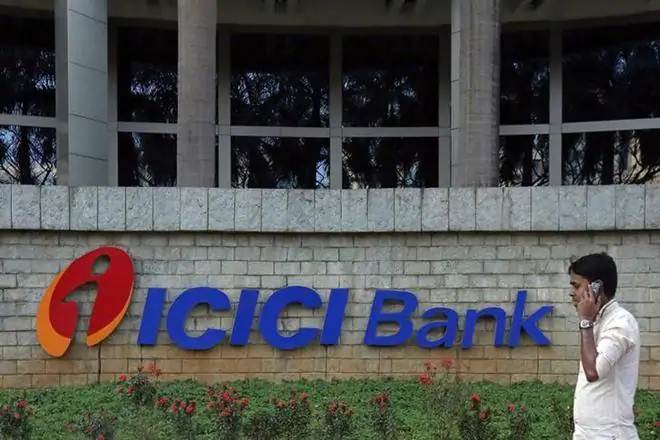For 1QFY20, I-Sec reported a 15% YoY drop in profit to Rs1.1 billion due to weaker top-line growth, but it was still a tad ahead of our estimates. Adjustments towards a tax refund, an MTM on corporate bonds (Dewan Housing) and a rise in rent costs due to accounting changes were neutral for its 1Q profit, but incrementally higher rent costs drive some cuts in our earnings estimates. We were encouraged to see the new arrangement with ICICI Bank has helped improve client activation by 40% and new initiatives like Prime focusing on NRI clients and the cross-selling of loan products can add to earnings. ICICI Bank’s 45m debit card clients (6.8m credit cards) can provide a large funnel of clients to I-Sec, which has just 0.9m active broking clients. Improvement in its earnings outlook can support a rerating and we maintain our BUY recommendation with a target price of Rs310.
Also read: New Sebi norms to help InvITs AUM to jump 5-fold to Rs 2 trillion, says report
Trends in capital markets (weaker broking volumes and capital markets and a reduction in fees) led to an 11% decline in I-Sec’s revenue. Even though costs declined 3% YoY, it could not cover the revenue shortfall and profit declined of 15% YoY. Profit was also impacted by two one-time items (interest on a tax refund and an MTM on an investment in a corporate bond with a net positive impact of Rs30m) and a change in accounting norms for lease rent, which led to higher costs by Rs29m. While these items were neutral for its 1Q earnings, the higher rent cost (INDAS-116) has a slight negative impact on our earnings forecast.
During 1Q, I-Sec had 0.9m clients (active on NSE), up 8% YoY, and market share of 9.8% was a new high. I-Sec is taking initiatives to improve active client growth and to improve engagement, which should lift its growth outlook. It entered a revenue sharing arrangement with ICICI Bank in 4Q and the rollout seems to be moving well with 40% higher activations in 1Q. Also, new products like Prime (offers better liquidity to broking clients), a focus on NRI clients and leveraging its existing clients in the cross-selling of loans can aid revenue growth. Management is looking to rationalise costs in retail broking which can support earnings as well.


